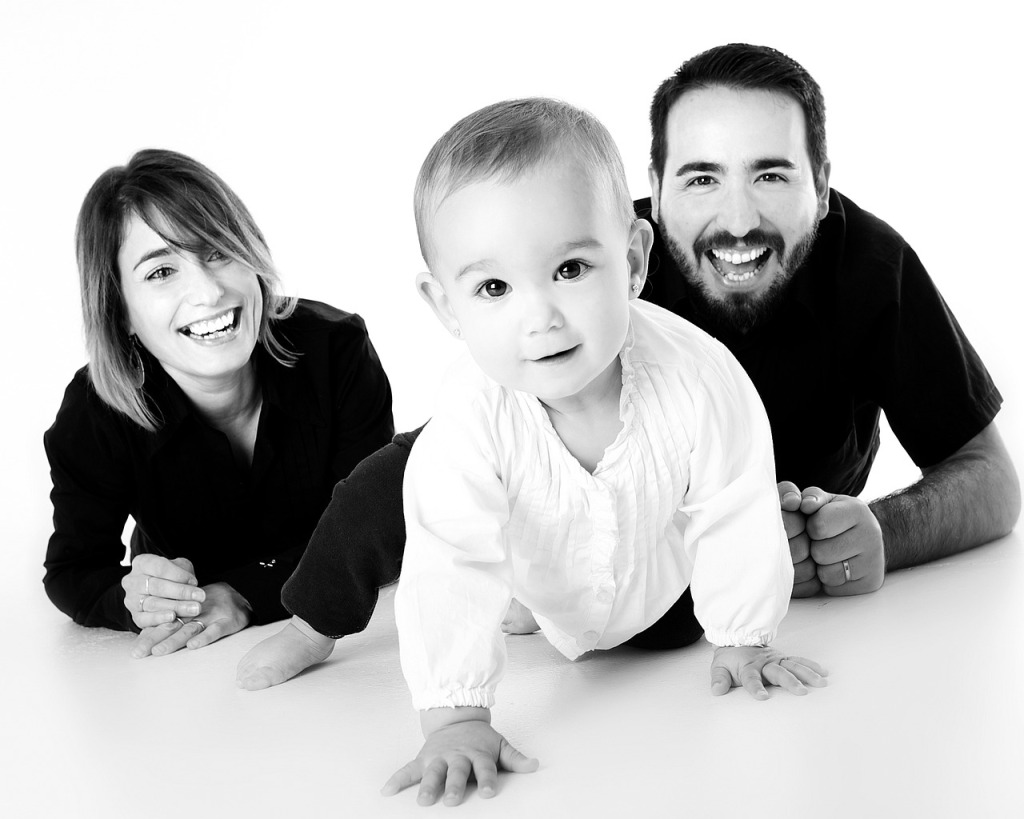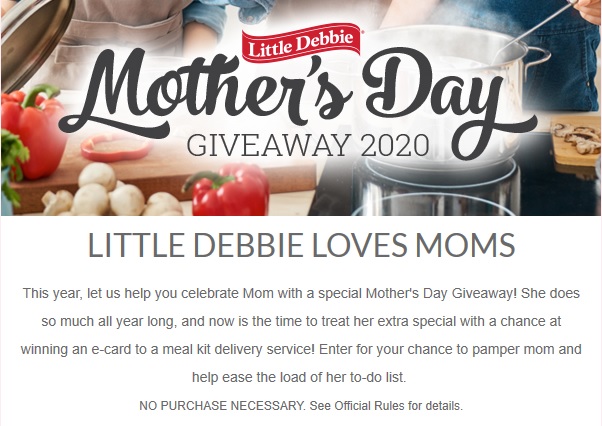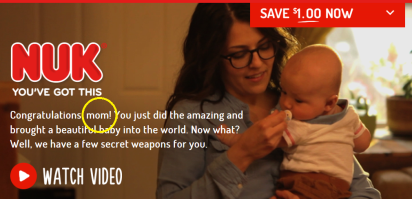If you give your girlfriend a ring, she’s going to ask for a wedding. When you give her a wedding, she’s probably going to ask for a home. When you move into the home, you’ll both see an empty room. Seeing the empty room will remind you about having a baby…
[Record scratch]
Wait a minute – you’ve heard this before. That’s because when you and your spouse knew you wanted to spend your lives together, it was probably a foregone conclusion that you’d welcome kids along the way. The only question became when and how many?
Of course, no one can answer those questions but you and your spouse, but here are some factors to consider when deciding to have kids.
Space
If your digs are tight, you need to think about how an addition will make things even tighter. Remember, it’s not just the extra person (however tiny they may be – initially), but all the trappings of babyhood: bassinets, cribs, playpens, changing tables, swings, dressers, etc. You also must be prepared for anything, like – surprise – the possibility of more than one baby.
Finances
You can’t put a price tag on a human life, but you certainly can on diapers, wipes, formula, clothes and baby furniture. No, it’s not cheap having a baby, but neither is anything else in life, so it’s all about priorities. Be sure to consider what your budget can handle, because you don’t need extra strife when undertaking something new.
Jobs
You also need to consider your work situation. Some employers aren’t so family-friendly and may not make it easy for both mom and dad to transition into this new lifestyle. Be ready for anything career-wise, even if that means that one of you suddenly decides to quit work and stay home with the baby. It could also mean transitioning into a remote gig for one of you. If none of that is an option, figure out how much childcare will cost for you to keep your current job.
Ages
Having a baby at age 25 is a lot different than having one at 45 no matter whether you’re male or female. The challenges are different for each gender, but proper consideration remains important for each. You’ll also need to discuss how many kids you hope to have, and by when. Planning for future additions is a lot like planning your financial future – it takes a lot of thoughtful joint discussion.
Lifestyles
This category offers a lot of intangibles that could sway you in either direction. Are you so active in a hobby or passion that it could prevent you from raising a child as it deserves? Do you have a solid support network nearby? Are you planning a major career change or dramatic move across the country? Consider all those factors that influence how you function in life.
Viewpoints
If one of you is ready and the other isn’t, that’s going to take some heartfelt and meaningful conversation. It’s not like you’ll be able to resolve your difference of opinion overnight. But remember, you got into this relationship for a reason, you’re committed, and you can work this out. Something this important deserves a lot of loving empathy, as well as give-and-take.
Of course, there’s another factor not examined here – and that’s your heart. You know you love each other, and you want that love to grow even more. So, you could stop thinking about it, over-analyzing it and just get on with it.
Then one day when you have a baby, you’ll lay her down for a nap. While she’s sleeping, you’ll look around your home and realize there’s an empty room. And chances are if you have an empty room…











 Got This” slogan which offers wonderful parental assurance, but only for mom. Observe its one-sided slogan description: “Congratulations, mom! You just did the amazing and brought a beautiful baby into the world.” Wording like this ignores the indisputable fact that dad also just did the amazing and brought a beautiful baby into the world.
Got This” slogan which offers wonderful parental assurance, but only for mom. Observe its one-sided slogan description: “Congratulations, mom! You just did the amazing and brought a beautiful baby into the world.” Wording like this ignores the indisputable fact that dad also just did the amazing and brought a beautiful baby into the world.
 tackle this mom thing.”
tackle this mom thing.”

 that has spawned a
that has spawned a  Its headline sounds like dad is some sort of project that needs to be developed, and can only be done so by a woman. As the reader’s question poses, yes, dad needs cared for – which is part of the definition of nurture – but he doesn’t need to be grown or developed (another part of the definition of nurture). If mom was given space to figure out things on her own, so can dad. That learning can also come together, but there’s no need to insinuate that a dad needs training that only the “lead parent” (e.g., mom) can provide.
Its headline sounds like dad is some sort of project that needs to be developed, and can only be done so by a woman. As the reader’s question poses, yes, dad needs cared for – which is part of the definition of nurture – but he doesn’t need to be grown or developed (another part of the definition of nurture). If mom was given space to figure out things on her own, so can dad. That learning can also come together, but there’s no need to insinuate that a dad needs training that only the “lead parent” (e.g., mom) can provide. Now looking at Murkoff’s response, the opening line also shows a lack of respect for men. No, men don’t care only about sex, and it also suggests that men aren’t as dedicated to conceiving as women. Saying anything otherwise is demeaning to the many caring dads-to-be who are just as interested in having a baby as the mom-to-be.
Now looking at Murkoff’s response, the opening line also shows a lack of respect for men. No, men don’t care only about sex, and it also suggests that men aren’t as dedicated to conceiving as women. Saying anything otherwise is demeaning to the many caring dads-to-be who are just as interested in having a baby as the mom-to-be.